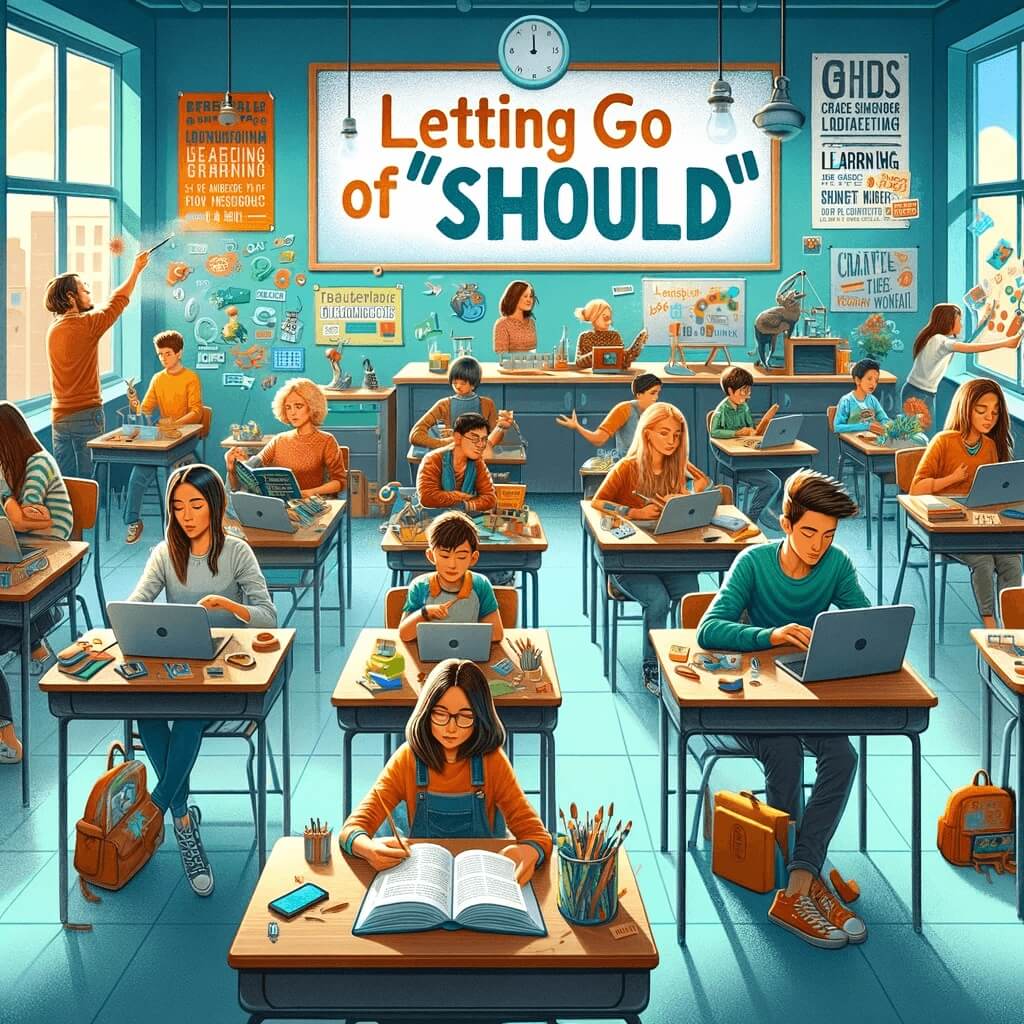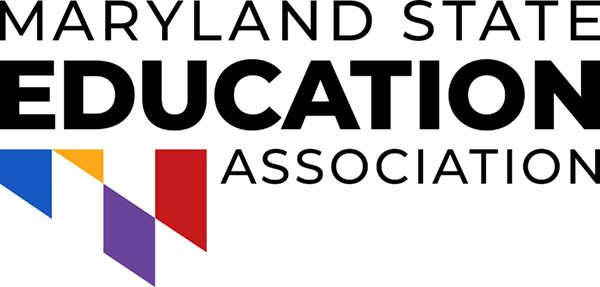
17
FebruaryLetting Go of “Should”
- Jennie Milstein
- Parkville High School (BCPS)
- ESPBC Member and BOD member
I work as a paraeducator in a comprehensive high school. At the beginning of every year, we start the delicate dance of getting to know our students. As someone who works with students receiving special education services, one of the things I do the week before the students arrive is to look at the IEP and 504 plans of the many students I will support over the coming year. Much of the documentation is deficit focused. It deals with what the students can’t do rather than what they can.
Therefore, every year I read documents and try to suspend my expectations. Inevitably, the students become more than their documents. Maybe they have trouble sitting still in their seats for more than ten minutes at a time, but they shine on the football field. Or they may struggle mightily reading grade-level texts but have sketchbooks full of graphic-novel-length texts that they work on every day to stay focused and ready to learn.
As someone with a non-standard-issue brain who works daily with students whose brains are also non-standard issue, I have learned to let go of “should.” In order for students to succeed, we have to meet them where they are, not where we wish them to be.
This has always been the case, but it is important that we remember this now more than ever. The world is not an etch-a-sketch. We can’t shake it and magically wipe away everything that’s happened over the last four years. Our “normal” baseline state is gone. It is no more.
As much as we might like to, we can’t forget the trauma of the pandemic and its aftermath. I am fortunate that my home is my safe space. I have to wonder, though, how true is that for some of our students? How many of our students have lost parents, grandparents, or other caregivers over the last couple of years? How many of them had lives disrupted by lost jobs and lost income? How many new 504 and IEP documents will we read over the coming years that are written to mitigate the effects of long covid or trauma caused by these losses?
I often feel like there isn’t enough of me to go around. The pressure to help students learn and thrive is immense. But so too is the pressure to return to some semblance of normal. To catch students up to where they should be academically, without taking into account where they are right now. And that’s a problem.
If curricula pressure teachers to give assessments at various points of time during the year before students have mastered the content within them, then at best we will lose their engagement, and at worst lose their trust in school as a safe space. If students are stressed beyond breaking by what is happening at home and what is happening at school, learning stops.
As we move away from the pandemic, we must remember that students are more than test scores, deficits, and achievement gaps to be filled. They are developing human beings full of potential and struggle and everything in between.


